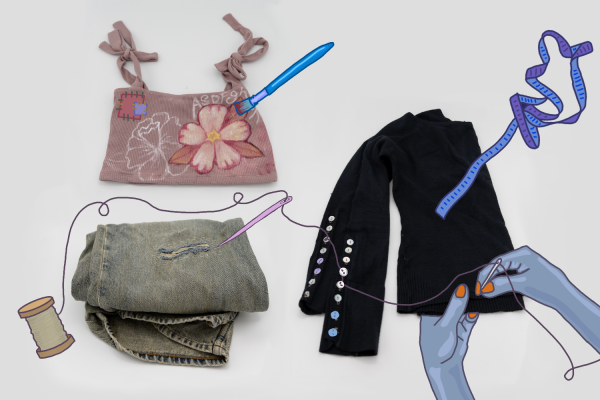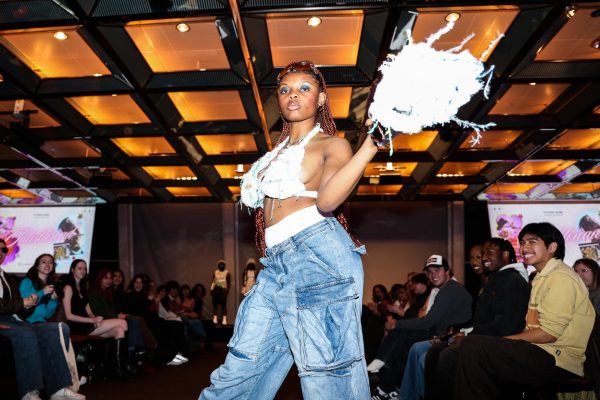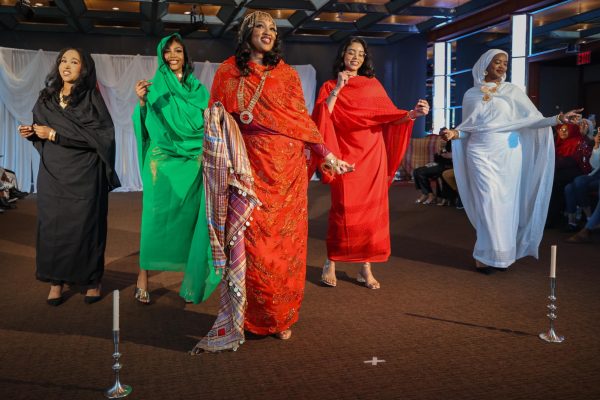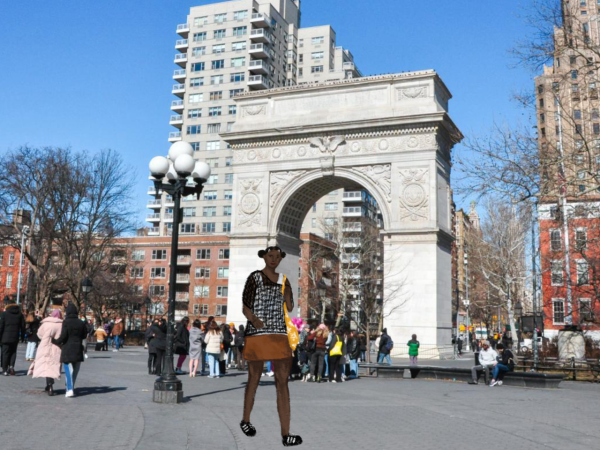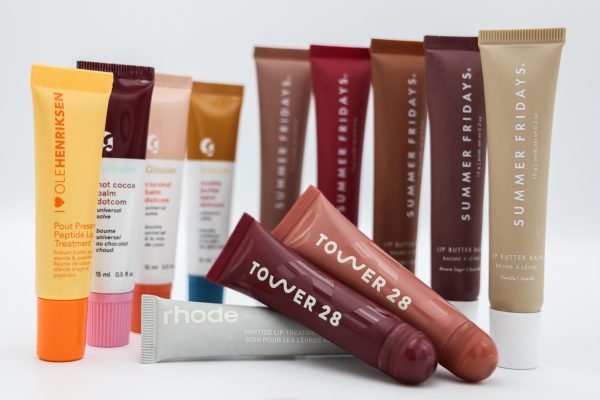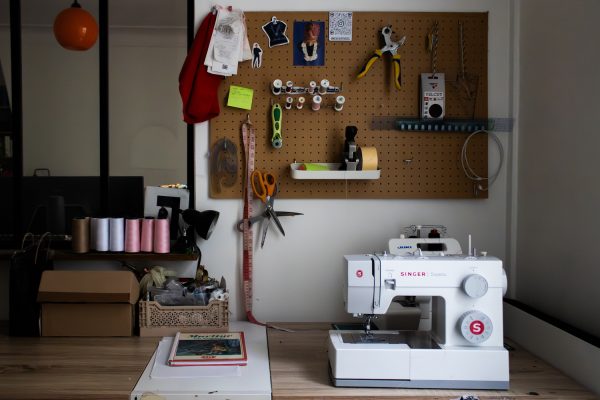Men venture into world of makeup
Related Stories
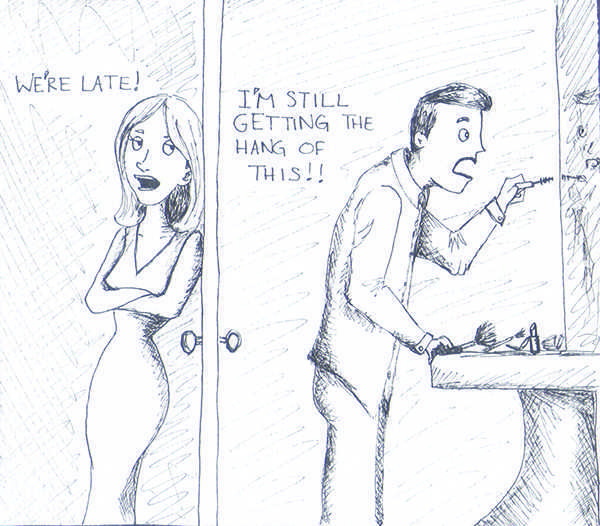
Illustration
While its everyday use has traditionally been reserved for women, makeup is an integral tool for people of all genders in industries that involve being photographed or performing live. Additionally, recent collections of makeup targeting the everyday male are slowly making their way toward the cosmetics market. Jean Paul Gaultier, Clinique and Tom Ford have all released their own lines of men’s makeup aimed at regular use.
In an interview with Ask Men, Ford described his makeup as something that is “not a feminizing product; it’s designed to make your skin look better.” Overall, male makeup is marketed as a tool to provide subtle but dynamic changes to a person’s face.
To better understand this emerging trend, I investigated similar men’s products at the Sephora store in Union Square, along with LS freshman Jeremy Truong and Tisch freshman Jack Launder. Here, makeup artist Efron Bethey agreed to apply tester makeup on my face and walk me through the process.
The first step was to use primer as preparation for the makeup and as a way of hydrating the skin. Bethey proceeded to use color-correcting cream as foundation. The final step was to apply bronzer, concealer and lip balm. At the end of the session, I was met with the shocked faces of the friends that had accompanied me to see the makeover.
Makeup made an immediate difference Truong said.
“You look flawless; your face looks more defined and has a glow to it,” Truong said.
Bethey noted that the whole process should differ from person to person because of varying skin types. He also explained his family’s widespread use of the products.
“I have five brothers, and we all use makeup to some extent,” Bethey said.
I left Sephora to reconvene with friends who had no knowledge of my transformation. My peers did not notice any change from my usual appearance until I mentioned that I had makeup on. The makeup achieved the subtlety and skin care goals it set for itself.
Though the general consensus from students was that men should wear makeup if they want to, one concern raised by CAS freshman Annesha Sengupta pertained to the marketing strategy carried out by these companies.
“A sense of gender equality is still lacking because the advertisements for male makeup are still focused on making men more masculine,” Sengupta said.
While there is a long way to go in overcoming this biased aspect of the product, men’s makeup is certainly taking the right steps in changing our perception of male beauty products.
A version of this article appeared in theWednesday, Oct. 1 print edition. Email Goktug Saatcioglu at [email protected].











































































































































